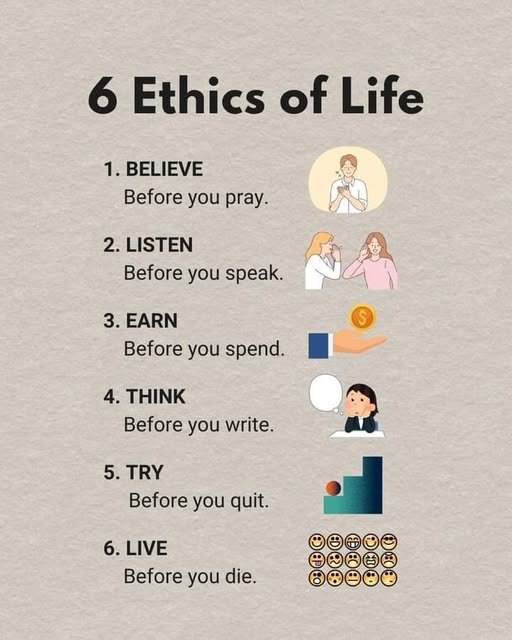A story about guilt, redemption, love, and the impossible weight of silence
I don’t think I was ready for The Kite Runner aw. I don’t think you ever really are. Because this isn’t just a story about two boys in Kabul. It’s about the aching places in all of us—the things we did or didn’t do, the people we failed, the words we swallowed, the forgiveness we didn’t think we deserved. This book hurts. But in that way grief does—where it also somehow heals.
These are 7 lessons that left fingerprints on my heart:
1. Guilt doesn’t vanish with time—it waits to be faced.
Amir’s guilt over betraying Hassan is like a ghost that grows heavier the longer it’s ignored. I saw myself in that. The small betrayals. The silences. The times I looked away. This book doesn’t let you look away. It teaches you that guilt won’t stop haunting you until you turn around and acknowledge it. Healing begins the moment we stop pretending we’re not in pain.
2. There’s a big difference between being good—and being brave.
Amir wanted to be good. But goodness without action is hollow. It’s bravery that defines us—not just in heroic moments, but in the quiet choices: to speak up, to protect, to do the right thing when it costs something. I think many of us, deep down, are still waiting for our moment to be brave. And this book asks: What are you willing to risk for redemption?
3. Childhood doesn’t end when you grow up—it echoes forever.
The way Amir’s childhood pain clings to him as an adult reminded me: just because we age doesn’t mean we outgrow what hurt us. Sometimes our younger self is still stuck in a memory, in a moment of fear or shame or silence. And until we go back and feel it, we can’t truly move forward. This book cracked something open in me I didn’t even know I had buried.
4. Loyalty is love in action.
Hassan’s quiet, unwavering love wrecked me. “For you, a thousand times over.” Those words? They’ve stayed with me. Because they show us what it means to love someone without condition, even when they don’t deserve it. And maybe, too, how deeply it wounds when that love isn’t returned with the same courage.
5. We inherit more than blood—we inherit secrets, silence, and shame.
This part stunned me. The way generations pass down pain without realizing it. Amir doesn’t just carry his own guilt—he carries his father’s. The things left unsaid. The truth buried too long. It made me wonder: What have I inherited? And what will I choose to pass on—or break?
6. Redemption is real—but it requires something real in return.
This book doesn’t hand out easy absolution. Amir’s path to redemption is jagged. Painful. Humbling. But that’s what makes it real. It reminded me that redemption isn’t a moment—it’s a journey. A reckoning. A reaching back toward the people we failed, and toward the self we abandoned.
7. Forgiveness is possible—even when we don’t think we deserve it.
Maybe the most hopeful thing The Kite Runner offers is this: that even the worst mistakes don’t mean we’re unworthy of healing. It doesn’t ignore the cost of what’s been done—but it reminds us that we can begin again. That sometimes, even after everything, we can still say: There is a way to be good again.
I don’t think I’ll ever read this book again. Not because it wasn’t brilliant—it was. But because it asked too much of me, emotionally. It peeled me open. And somehow, it also stitched something back together.
If you’ve ever carried guilt you didn’t know how to let go of...
If you’ve ever loved someone so deeply it scared you...
If you’ve ever longed for a second chance...
This story might hurt. But maybe it’s the hurt you need to finally feel something true again.
And when you get to that final kite-flying scene, I hope you, too, feel the wind shift.






















.jpeg)









.jpg)

.jpeg)




.jpg)

.jpg)
.png)




.jpg)



.jpeg)



.jpeg)










.jpg)
.jpg)




.jpeg)








.jpg)



.jpg)







